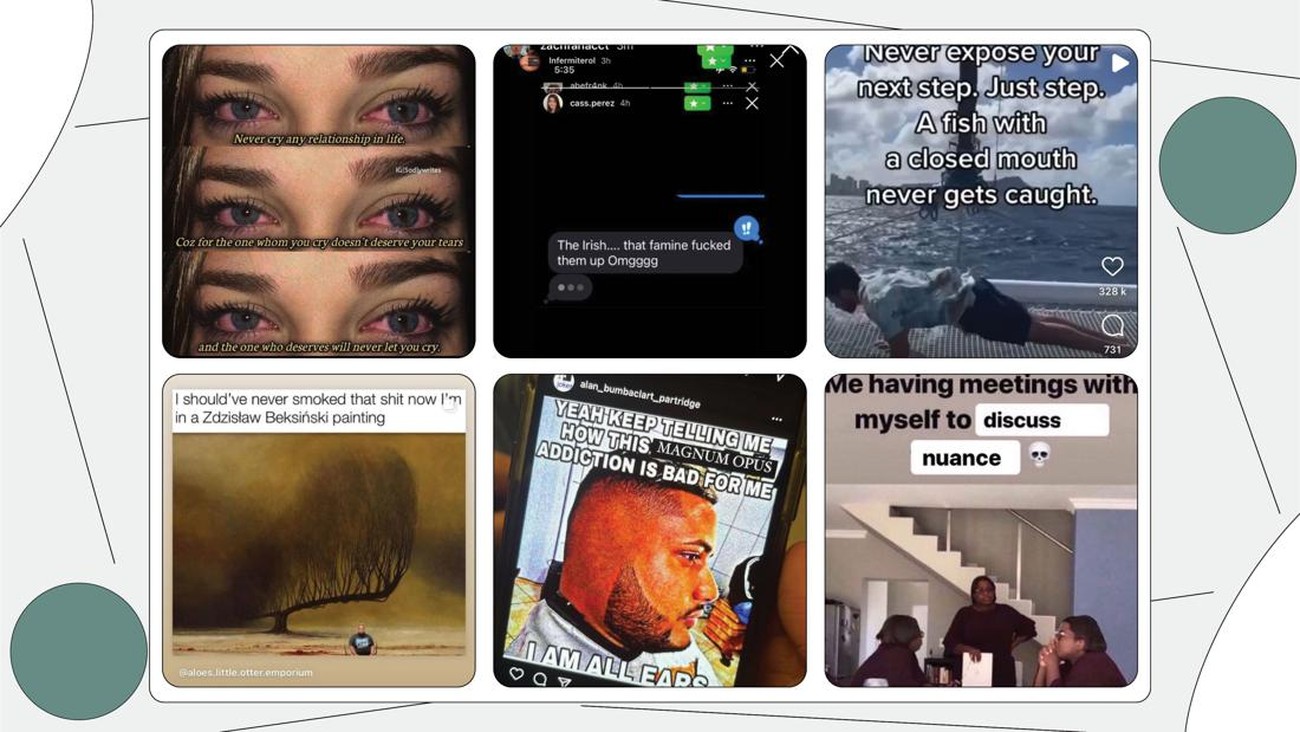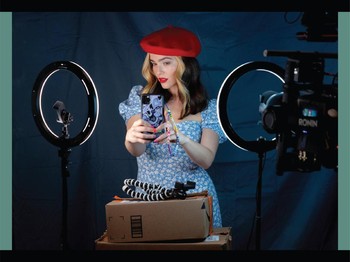A study done by the American Psychological Association reported that by 2018, Gen Z is the least likely age group to report decent or excellent mental health conditions. This generation, who was born from 1997 onwards, is ranked as the first generation that most-likely to experience extreme loneliness according to Pew Research Center.
With a lifetime of constant socio-political discourses, navigating finances dime by dime in hopes to break free from paying rent, getting raised by ever-changing internet trends thus increasing social pressures, and not to mention the need to adjust to global catastrophes such as COVID-19, all during such a poignant phase in life -- it is as if the world owes Gen Z its sincerest apologies.
Nevertheless, they persisted, eventually developing unique survival tactics as a coping mechanism, and humor is one of the tactics in question. Having been raised in a greatly digitalized society, the presence of social media, particularly Instagram, TikTok, and Twitter, binds these like-minded individuals together and helps them birth an equally peculiar creative output: memes. Memes, like all things pop culture, have somehow developed from the likes of historical 2011 9GAG pieces to today's genre of satirical, self-deprecating, and overly self-aware content.
This particular genre of memes is often spearheaded by huge Instagram meme pages (in which big-name celebrities such as Courtney Love and Phoebe Bridgers are followers of) such as @on_a_downward_spiral and @botoxqueen1968, whom in hindsight, are not actively trying to be funny. Instead, they communicate their truest top-of-mind feelings in a relatable light, albeit niche sometimes (such as this post about not wearing retainers or this post about not wanting their Quora search history to get leaked). Artistically, most of these memes are fried-looking -- almost like they were broadcasted and screen-captured a thousand times before posting. One of their most distinctive traits is perhaps the heavy emphasis on texts, with a completely unrelated photo to support it, giving little to no context -- but for some telepathic reason, their followers get it.
With these memes emerging from a state of serious (and in some cases, clinical) mental health issues, it is no coincidence that one's deteriorating mental wellbeing constantly reigns as the top topic for these meme pages. From rants about taking antidepressants to eye-opening therapy sessions, Gen Z's easily-distinguishable dark humor helps kickstart a movement in which society had failed attempting for decades: which is destigmatizing mental illness. "It's cathartic to open an app and see that people are in a similar state of mind as you," said Frazier, owner of the account @itsanimatedtext. Surely, with such responsibility comes a significant setback: according to Fortune, Gen Zs are the biggest contributors in self-diagnosis due to constant exposure to mental illnesses and lack of access to professionals.
At the end of the day, coping looks different on everyone--and in this exceptionally-uncertain world we are stepping foot on, the urgency to constantly seek the light at the end of the tunnel persists. The choice ultimately lands in the palm of our hands, whether to suffer in silence or refuse to dwell by bluntly embracing everything that's wrong with ourselves. While there is no right or wrong answer, it is no secret that making the best out of devastating situations is Gen Z's preferred method of coping. But even in a sea of gaslight, gatekeep, and girlboss memes, make sure to seek professional help should you have the means to.
(DEA/DIR)


